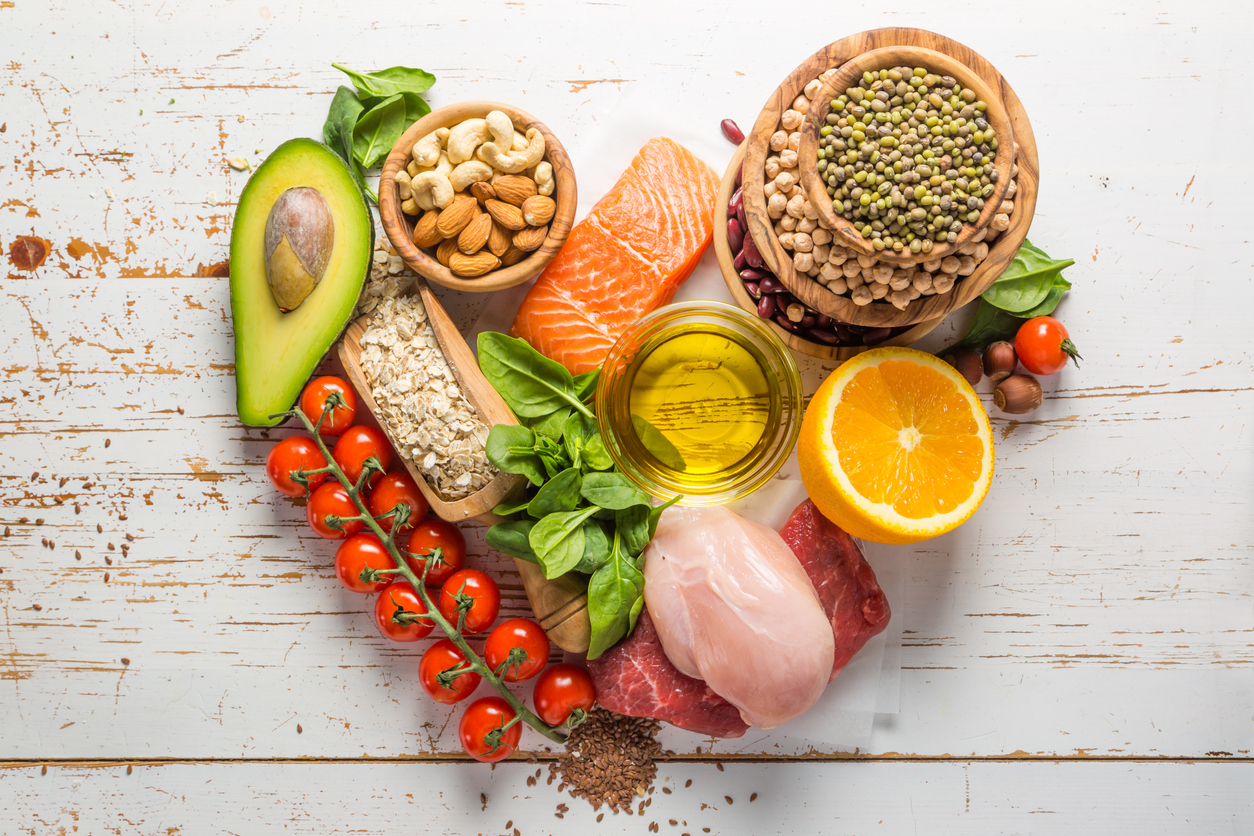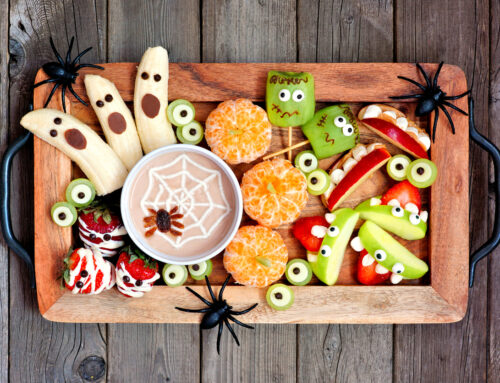Living with diabetes doesn’t mean giving up the joy of eating. In fact, good nutrition is one of the most powerful tools for managing diabetes—and it can also prevent complications and improve overall health. Whether you’ve been recently diagnosed or are supporting a loved one, understanding the link between food and blood sugar is key.
Understanding Diabetes and Blood Sugar
Diabetes is a chronic condition that affects how the body processes blood sugar (glucose). In type 1 diabetes, the body doesn’t produce insulin. In type 2, the body either resists insulin or doesn’t produce enough. Either way, maintaining healthy blood sugar levels is essential—and that starts with nutrition.
Top Nutrition Goals for Managing Diabetes
-
Keep Blood Sugar in a Healthy Range
Avoid spikes and crashes by eating balanced meals with a mix of complex carbohydrates, lean proteins, and healthy fats. -
Support Heart Health
People with diabetes are at higher risk of heart disease, so it’s important to reduce saturated fats, trans fats, and sodium. -
Maintain a Healthy Weight
Even modest weight loss can significantly improve insulin sensitivity and blood sugar control, especially in type 2 diabetes.
Smart Eating Strategies
1. Choose Low Glycemic Index (GI) Foods
The glycemic index measures how quickly a food raises blood sugar. Low-GI foods digest more slowly, providing a steady release of glucose.
Examples:
-
Whole grains (quinoa, oats, brown rice)
-
Legumes (lentils, chickpeas, black beans)
-
Non-starchy vegetables (broccoli, leafy greens)
-
Most fruits (berries, apples, oranges)
2. Focus on Fiber
Fiber slows digestion and helps control blood sugar. Aim for 25–30 grams per day from whole food sources.
High-fiber foods:
-
Vegetables
-
Fruits with skin
-
Whole grains
-
Nuts and seeds
3. Prioritize Lean Proteins and Healthy Fats
Protein and fat can help with satiety and stabilize blood sugar, especially when eaten with carbs.
Good choices:
-
Grilled chicken, fish, tofu, eggs
-
Avocados, nuts, olive oil, fatty fish (like salmon)
What to Limit or Avoid
-
Refined carbs and sugary drinks: White bread, pastries, soda, and sweetened coffee can cause rapid blood sugar spikes.
-
Highly processed snacks: Chips, cookies, and packaged meals often contain added sugars, unhealthy fats, and excess salt.
-
Excess alcohol: Alcohol can affect blood sugar unpredictably and should be consumed in moderation (if at all).
Sample Balanced Meal for Diabetes
Breakfast:
Oatmeal with chia seeds, blueberries, and a scoop of Greek yogurt.
Lunch:
Grilled chicken salad with mixed greens, cherry tomatoes, avocado, and olive oil vinaigrette.
Dinner:
Baked salmon, quinoa, and roasted Brussels sprouts.
Snack:
Apple slices with almond butter.
Final Thoughts
Nutrition plays a central role in managing diabetes—and the good news is, healthy eating doesn’t have to be complicated. By focusing on whole foods, balancing meals, and being mindful of carbohydrates, people with diabetes can enjoy delicious meals while keeping their blood sugar in check.
Always consult a registered dietitian or healthcare provider to create a personalized nutrition plan, especially if you’re taking insulin or other medications.
If you or someone you know is interested in care management or home healthcare services in South Florida, FirstLantic can help. We are locally owned and operated, providing our patients with the highest quality in-home care services in Fort Lauderdale (Broward County), as well as in-home care services in Delray Beach (Palm Beach County), North Miami (Miami-Dade) and Jupiter (Treasure Coast) since 2000. Click here to contact us.
 AVAILABLE 24 HOURS A DAY/7 DAYS A WEEK
AVAILABLE 24 HOURS A DAY/7 DAYS A WEEK Careers
Careers






